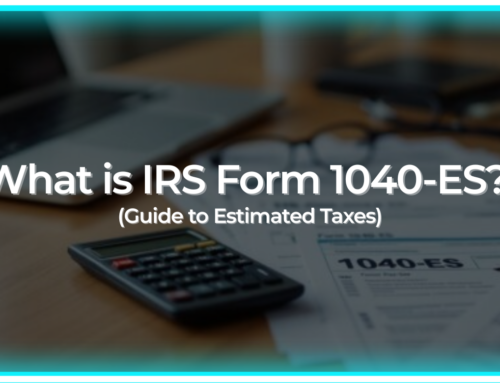Hey everyone, I’m Bette Hochberger, CPA, CGMA, and for today’s blog, I will be discussing several effective tax planning strategies that can help your business thrive. Effective tax planning is essential for businesses of all sizes. It involves strategizing to minimize tax liabilities while ensuring compliance with tax laws. By implementing smart tax planning strategies, businesses can optimize their financial outcomes, maintain cash flow, and invest in growth.
Understand Your Tax Obligations
The first step in tax planning is to have a clear understanding of your business’s tax obligations. This includes federal, state, and local taxes that apply to your specific industry. Familiarize yourself with the different types of taxes, such as income tax, payroll tax, sales tax, and property tax. Keeping ahead of tax laws and regulations can help you identify opportunities for deductions and credits while avoiding potential pitfalls.
Choose the Right Business Structure
The structure of your business—whether it’s a sole proprietorship, partnership, LLC, or corporation—can significantly impact your tax liability. Each structure has its own tax implications, so it’s crucial to evaluate which one aligns best with your business goals. For instance, corporations may benefit from lower tax rates on retained earnings, while LLCs offer pass-through taxation, avoiding double taxation. Consulting with a tax professional can help you make an informed decision.
Take Advantage of Deductions and Credits
One of the most effective ways to reduce your tax liability is to take full advantage of available deductions and credits. Common business expenses that can be deducted include:
– Operating Expenses: Rent, utilities, and office supplies.
– Employee Costs: Salaries, benefits, and training expenses.
– Depreciation: Deductions for the wear and tear of business assets.
– Business Travel: Expenses incurred while traveling for business purposes.
Additionally, look for tax credits that may apply to your business, such as those for research and development, energy efficiency improvements, or hiring certain groups of employees. These credits can substantially lower your tax bill.
Implement Retirement Plans
Establishing retirement plans for employees is not only a valuable benefit but can also serve as an effective tax planning strategy. Contributions made to retirement plans, such as a 401(k) or SEP IRA, are tax-deductible, reducing your taxable income. Additionally, offering a retirement plan can enhance employee morale and retention, creating a more productive workforce.
Consider Timing of Income and Expenses
The timing of income recognition and expense deductions can have a significant impact on your tax liability. If your business is approaching the end of the tax year, consider deferring income to the following year, if possible. Conversely, accelerating expenses can help reduce taxable income for the current year. This strategy requires careful planning to ensure it aligns with your overall financial goals.
Consult a Tax Professional
Navigating the complexities of tax planning can be overwhelming, especially with constantly changing tax laws. Engaging a qualified tax professional (such as myself!) can provide valuable insights and guidance tailored to your business. They can help you identify potential tax-saving opportunities, ensure compliance, and develop a long-term tax strategy that aligns with your business goals.
Implementing effective tax planning strategies is crucial for any business seeking to optimize its financial health. By understanding your tax obligations, choosing the right business structure, taking advantage of deductions and credits, implementing retirement plans, considering the timing of income and expenses, and consulting with a tax professional, you can position your business for success while minimizing tax liabilities.
Schedule a meeting with us to start planning today, and you can secure a brighter financial future for your business!
I hope you learned something new today. As always, stay safe, and I’ll see you next time.







